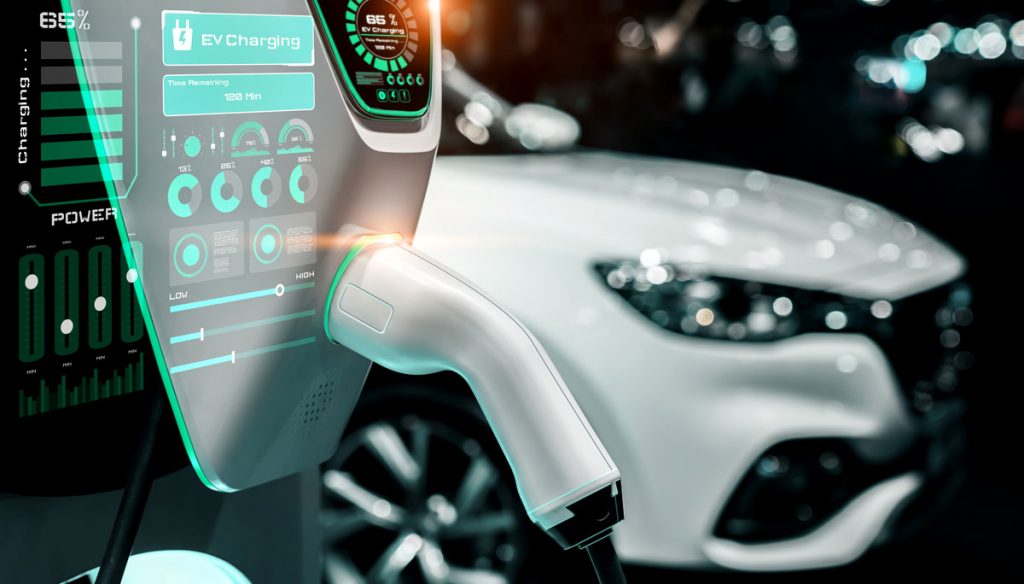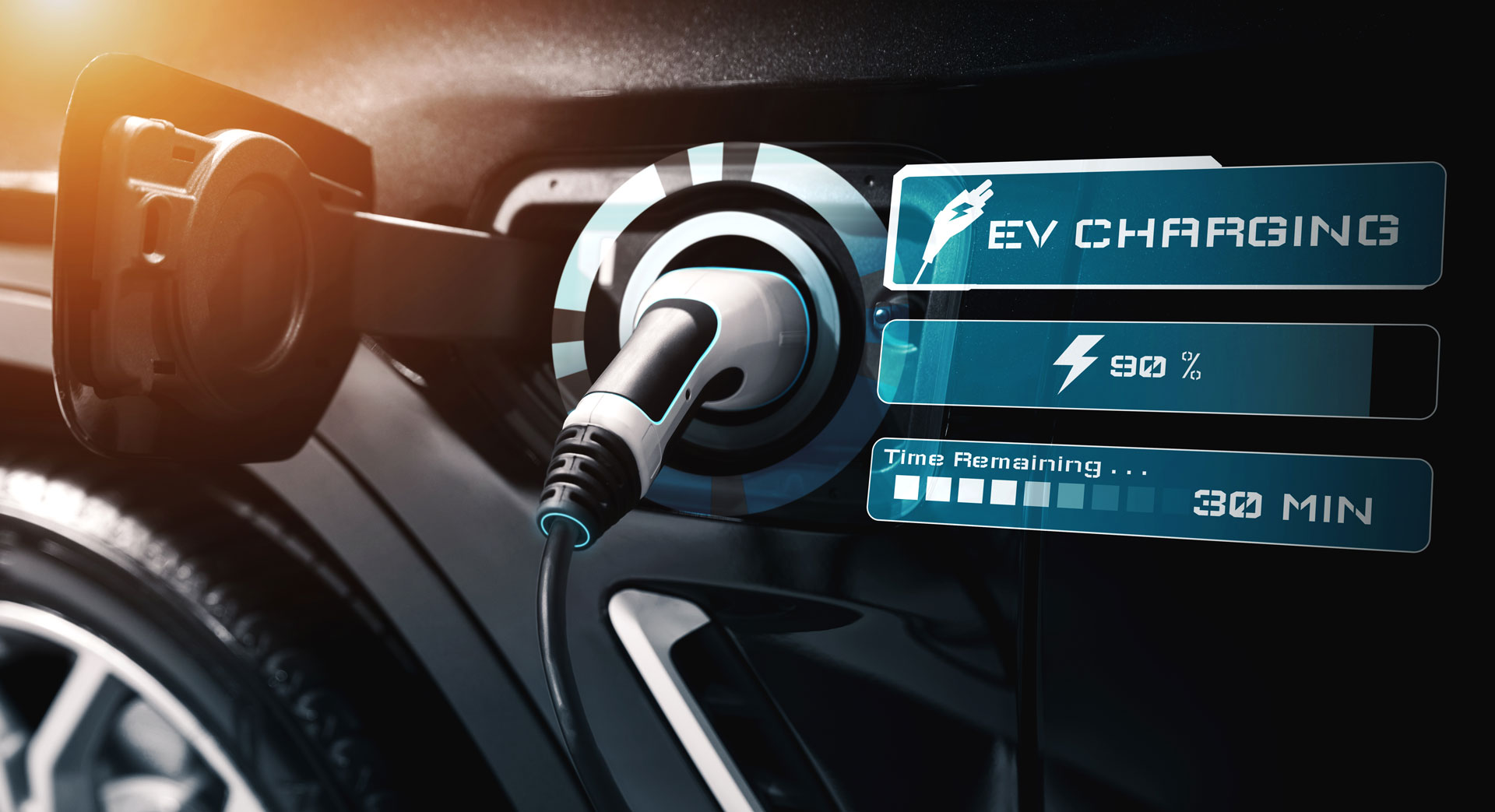ALL-ELECTRIC PATHWAY
Rapid battery charging for EVs is a growing need
COMPILED BY Dyan Seneviratne
“There’s a giant mismatch between the West and capabilities of China, [South] Korea and Japan for battery technology and manufacturing capacity, and the stark understanding that they know batteries are the new oil. It’s actually becoming a national security issue,” declares EV entrepreneur Dr. Doron Myersdorf.
Myersdorf is the CEO of an ‘extreme fast charging battery’ startup called StoreDot. And he isn’t alone in his sense of urgency around securing batteries as the carmaker industry embraces electrification.
Meanwhile, CEO of Britain’s Society of Motor Manufacturers and Traders (SMMT) Mike Hawes is acutely aware of its ramifications for the 180,000 workers in the UK’s car plants if it doesn’t have sufficient fuel cells.
The SMMT calculates that by 2030 – when Prime Minister Boris Johnson’s ban on new Internal-Combustion Engines (ICE) kicks in – the industry will require at least 60 gigawatt hours (GWh) of locally sourced batteries. This will support the annual assembly of 1,000,000 electric vehicles (EV).

Today, the UK has only 1.7 GWh supplying Nissan Leaf EVs in Sunderland. And Nissan’s consortium has earmarked an investment of UK£ 1 billion to ramp up capacity to 9 GWh by 2025. This will power 100,000 annual units of the Leaf’s successor, which is an electric crossover.
A further 1.8 billion pounds will expand the gigafactory to 25 GWh by 2030. Nissan appears to be sorted out but a shortfall for other car brands could trigger tens of thousands of redundancies.
Giga-factories demand a staggering upfront investment. UK startup Britishvolt is striving to invest UK£ 2.6 billion in a giga-factory north of Nissan’s plant. It’s recruited some big names from the motor industry such as car specialist Charles Morgan and Ford of Britain’s former chairman Graham Hoare.
Hoare explains: “The UK’s going to need about four or five giga-factories by 2030. The Britishvolt one is the big brother at the front end but we’re going to need a lot of activity to create the full ecosystem simply for the domestic market. We really need to open the doors at the end of 2030. The following year is the point where we see a significant ‘under-availability’ of batteries for the industry.”
In the meantime, Jaguar has pledged to be all-electric by 2025, Bentley will phase out combustion by 2030, and Aston Martin and McLaren are working on all-electric performance cars.
Myersdorf also has his eye on using the UK Battery Industrialisation Centre, which is designed to help companies produce and test batteries in low volumes. He says that it’s one of a kind in the world – in that its scale up facility wants to support the commercialisation of new technologies. And Hoare reckons the UK’s R&D ecosystem equates to a two year head start on European rivals.
The Government of Sri Lanka wants EVs to go mainstream – and one can have no issue with that. However, with the UK planning for 2.3 million public charging points, can we match even half that quantity before deciding to prioritise electric vehicles?
Without adequate charging points, EVs will be a nonstarter in Sri Lanka!


